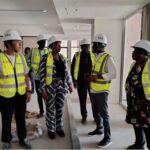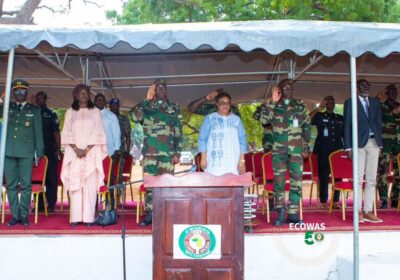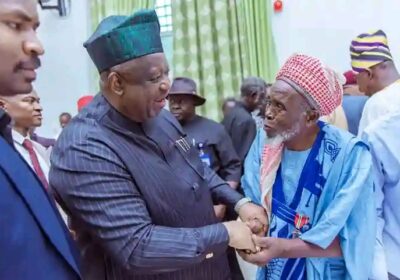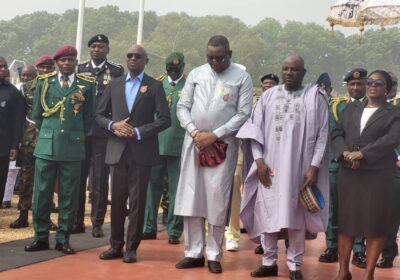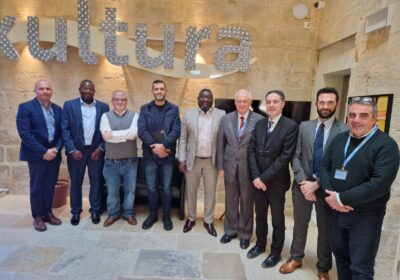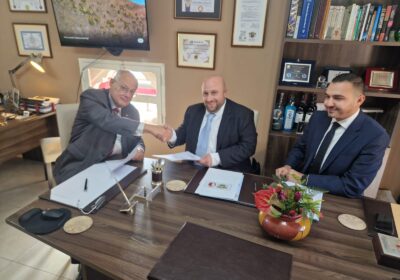ECOWAS CONVENES REGIONAL EXPERTS TO FAST-TRACK POWER ACCESS “PRODEL 20000” IN WEST AFRICA.
By Raymond Enoch
The Economic Community of West African States (ECOWAS) has taken a decisive step towards lighting up thousands of rural communities, as energy experts from across the region converged in Accra to advance preparations for the ambitious “PRODEL20000” electrification programme.
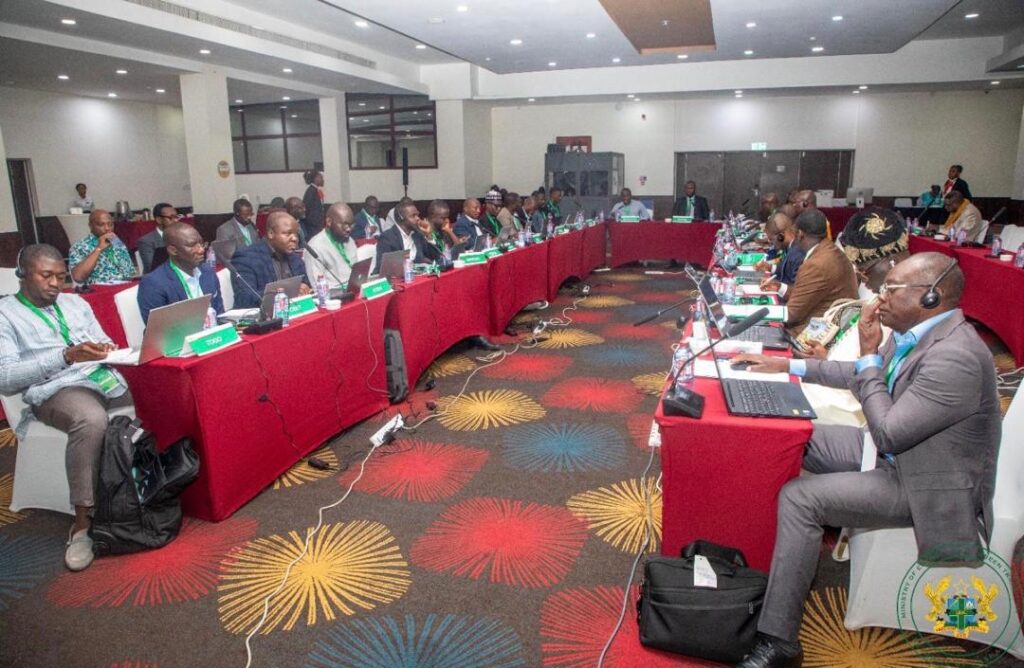
From 12th to 14th November 2025, the ECOWAS Energy and Mines Directorate hosted a high-level regional workshop in the Ghanaian capital to validate the preliminary feasibility study for the Regional Programme for the Electrification of 20,000 Villages in West Africa (PRODEL20000).
The three-day technical meeting brought together specialists from ministries in charge of energy, national electricity utilities and rural electrification agencies of ECOWAS Member States, alongside representatives of the ECOWAS Centre for Renewable Energy and Energy Efficiency (ECREEE) and consulting firm BNETD.
Over the course of the workshop, participants rigorously examined the full architecture of the PRODEL20000 initiative: technical design and sizing of the electrification schemes, socio-economic impacts, investment requirements, as well as the strategic guidelines and mechanisms for managing social and environmental impacts in beneficiary communities.
Each component of the feasibility report underwent in-depth and constructive analysis, with experts identifying gaps, refining assumptions and proposing practical recommendations to strengthen the study’s conclusions and ensure that the programme is both bankable and impactful.
Declaring the workshop open, Dr. Ismael Ackah, Technical Adviser to Ghana’s Minister of Energy and Green Transition, described PRODEL20000 as a “flagship initiative” that demonstrates the region’s collective resolve to accelerate universal access to electricity in West Africa.
He stressed that the project stands as a powerful model of regional cooperation and noted that Ghana is particularly proud of the rural electrification dimension spearheaded by ECOWAS, which he said will play a crucial role in narrowing inequalities between urban centres and underserved rural communities.
In his intervention, Mr. Arkadius Koumoin, Acting Head of the Conventional Energy Division at the ECOWAS Commission, reminded participants that despite West Africa’s vast energy potential, millions of citizens—especially in rural and peri-urban areas—still live without reliable and affordable electricity.
He explained that PRODEL20000 has therefore been positioned as a major strategic priority for the ECOWAS Commission, designed to respond to the urgent need to electrify a large number of localities through both national grid extensions and decentralised solar systems where grid connection is not immediately viable.
According to Mr. Koumoin, the initiative goes far beyond providing light and power. It encapsulates ECOWAS’ shared vision of universal access to sustainable energy as a catalyst for inclusive development. By expanding electricity access, PRODEL20000 aims to stimulate local entrepreneurship, strengthen health and education services, power small and medium enterprises, and create new economic opportunities—particularly for women and young people in rural communities.
He further underscored that the timely completion and validation of the feasibility study is a critical milestone that will enable ECOWAS to move confidently into the next phase: mobilising the substantial financial resources required for implementation in partnership with Member States, development partners and private investors.
With the Accra workshop successfully concluded, PRODEL20000 is now positioned as one of the most transformative regional programmes on the ECOWAS energy agenda—offering a concrete pathway to accelerate universal access to electricity and ensure that no village in West Africa is left in the dark.



